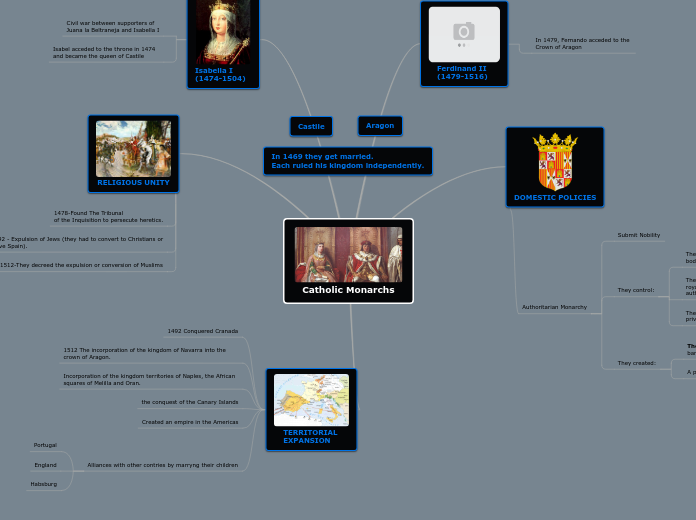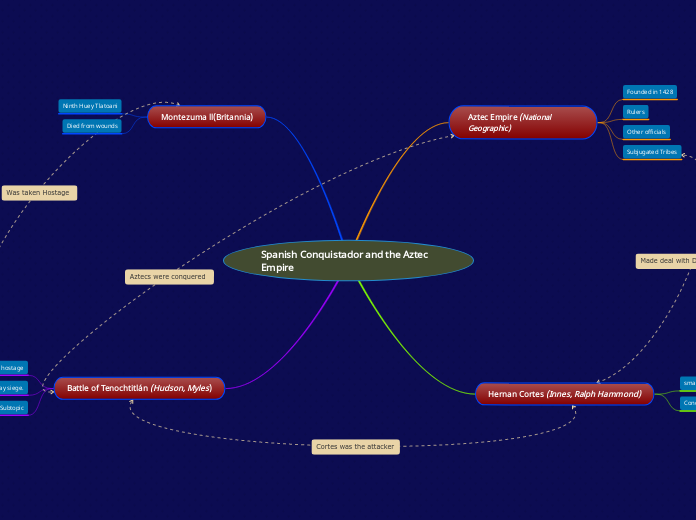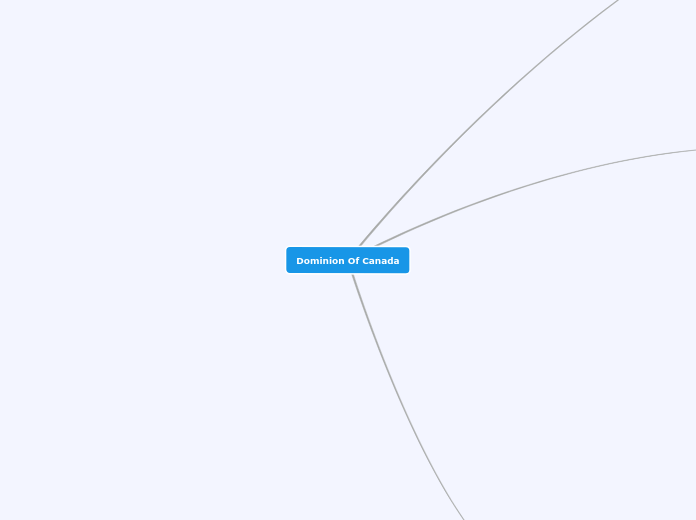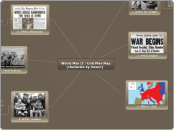HH
Periods in the history of Rome
3 THE REPUBLIC
THE PAX ROMANA
The period between the 1st and 2nd centuries BC is called the High Empire.
During this period, rome was consolidated as a great power. Its territory was organized into administrative provinces. There were two types of provinces:
·Senatorial provinces. Under the authority of the senate and their governors were known as proconsuls.
·Imperials provinces.
In the 3rd century AD, the period of the Lower empire began. Rome experienced a deep crisis which led to its disappearance in ad 476.
THE ROMAN EMPIRE
Octavian Augusts, mark Antony and Lepidus formed a new triumvirate after the death of Julius Caesar. A war started between them that ended in 27bc with the victory of Octavian Augusts.
This proclamation marked a new period in the history of rome: the empire. It lasted until 476 AD.
·Imperator ·Princeps
·Augustus ·Pontifex Maximus
THE CRISIS OF THE ROMAN REPUBLIC
In 509 BC, the Romans overthrew the Monarchy and expelled the Etruscan kings.
Institutions were formed during the Republic:
·The Roman assemblies. They were citizen assemblies which elected people for public office.
·The senate. It was formed by 300 patricians.
·The magistrates. They were elected annually by the assemblies. Some of the most important were the consuls.
Tribune of the plebians.
Roman Republic was the Law of the Twelve Tables, from 451 BC
2 THE MONARCHY
The king ruled with the help of the senate, The senate was made up of patricians.
Plebians who were peasants, traders and artisans, made up the rest of society. They had political power.
1 THE ORIGINS OF ROME
ETRUSCAN ART
6
The Etruscan had significant cultural influence on Rome.
THE FALL OF THE ROMAN EMPIRE
2 THE DIVISION OF THE EMPIRE AND GREAT INVASIONS
Theodosius, I died in AD 392, and the Empire was divided among his sons. The western half of the Empire was given to Honorius and the eastern half.
Relations between Rome and the Germanic tribes were tense.
1 THE CRISIS OF THE 3RD CENTURY AD
A crisis began in the roman empire in the 3rd century ad. It manifested itself in different ways:
·Territorial conquests came to an end.
·The military became less effective in defending the borders of the empire. Foreign peoples, known as barbarians, began to attack.
·The roman economy weakened.
·That trade was negatively affected.
·Society became more rural.
·Taxes were increased to finance the military which led to social unrest.
The power of the emperor became very weak during the 4th century AD. This is reflected in the end of the imperial cult, related to the success of the Christian religion.
·Edict of Milan (in AD 313).
·Roman Empire through the Edict of Thessalonica.
Topic principal
THE EXPANSION OF ROME THROUGHOUT THE MEDITERRANEAN.
ROMAN SOLDIERS´ EQUIMENT
Roman territorial expansion began during the period of Monarchy. When it controls of Italian territory in the period of greatest expansion was in the 3rd century BC. These wars were known as the Punic Wars.
1 Conquest of Italy: Rome conquest the Italy around 270 BC.
2 First Punic War (264-241 BC).
3 Second Punic War (218-201 BC): The defeat of Hannibal, Rome conquest Hispania.
4 Third Punic War (146 BC): Carthage was conquered.
5 In the 2nd century BC, Rome controls the western Mediterranean by defeating the Hellenistic kingdoms.
6 From the 1st century BC, Rome controlled all the Iberian Peninsula, the south of Great Britain and parts of Central Europe.
7 In the 2nd century AD, Emperor Trajan expanded the Empire to its maximum extent, adding territories in Asia and Dacia.
Rome´s military success was due to the effectives of its army.
1 The legion carried the banner, which was is Symbol.
2 The carried weapons such as spears of javelins and long or short words, known as a gladius.
3 They wore leather or metal cuirass which adapted to the body.
4 The officer´s helmet was decorated to make him easier to see in battle.
5 The shape and size of the Shield, or scutum, meant they could be put together to protect the group.
The Romans were the most powerful people in Ancient History. They started Calling in Mare nostrun, or our sea.
· The political Unity of all people under their command thanks to military conquests and the effectiveness of their administration.
·The importance of slave labour as the basis of its economy.
· The assimilation of the cultural elements of conquered peoples, especially the Greeks.
· The Romanisation of the conquered peoples. The Romans exported their language, their laws and their culture.
· Commercial strength based on an excellent communications network and on the currency.









